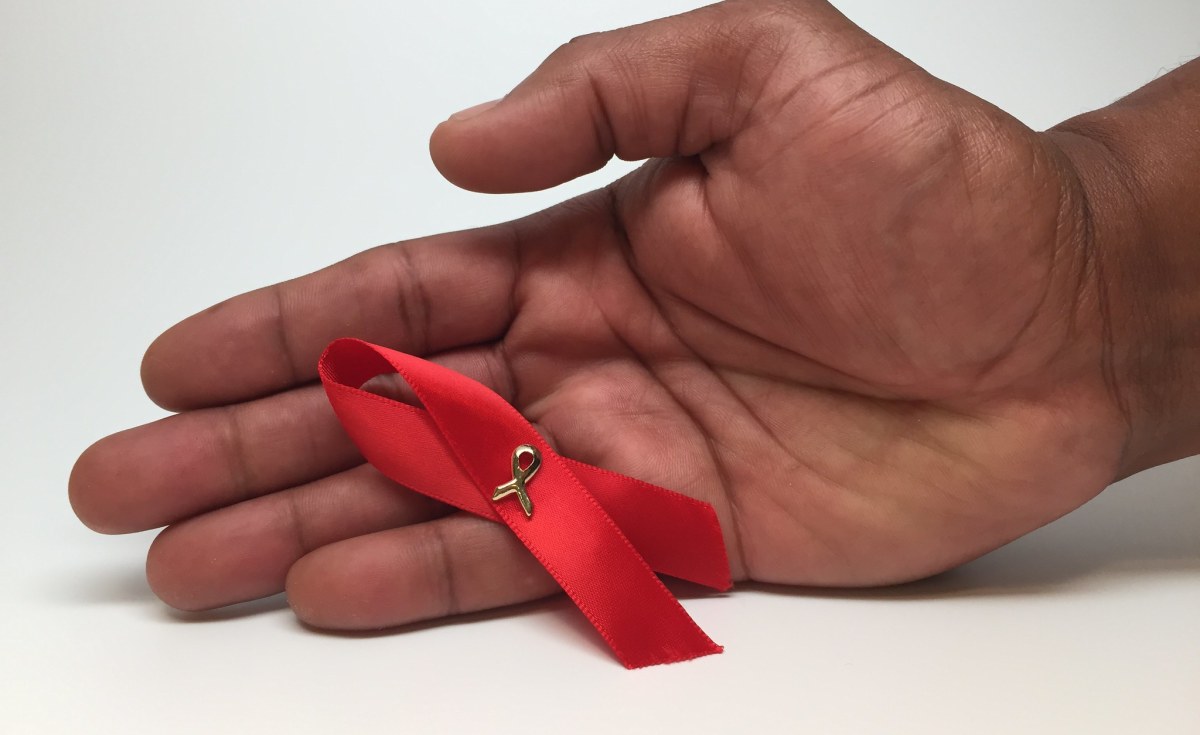At the Ivan Toms Centre for Men’s Health – adjacent to the Somerset Hospital in Green Point, Cape Town – free water-based lubricant is available in 5ml foil sachets.
Inside the centre’s waiting room, the lubricant is kept in a large plastic bowl alongside free condoms. Speaking from behind a mask, a receptionist motions to take as many sachets as is required.
Each sachet is branded “Max” and bears the stamp of South Africa’s Department of Health, the words “not for sale”, and an expiry date.
Opened in 2009 – a partnership between the Western Cape Department of Health and non-government organisation Anova Health – the Ivan Toms Centre for Men’s Health was the first state clinic focused on MSM (men who have sex with men) in Africa, offering free healthcare to this often stigmatised group.
South Africa’s Department of Health has mandated that lubricant should be freely available alongside condoms at clinics around the country.
But a report by community-led monitoring group Ritshidze released earlier this year found that of 131 South African clinics that claim to offer MSM health services, 43 did not have lubricant available. The report found that only 26% of MSM respondents managed to access free lubricant at their local health facility.
“Lubricants are not easily accessed in South African clinics,” says Luckyboy Mkhondwane, of the Treatment Action Campaign (TAC). “Mostly people can get them if there is a project working with MSM in that clinic, for example, Anova Health or Engage Health. Other than that, people buy their own lubricant or end up using oil-based substances.”
Why is lubricant important?
The use of lubricant reduces the risk of HIV transmission when men have sex with men. The World Health Organization states that water or silicone-based lubricants are central to correct condom use during anal sex.
“Lubricant is a liquid or a gel that prevents excessive friction during sexual intercourse,” explains Mkhondwane, who has lived openly with HIV since being diagnosed in June 2002. An impassioned treatment activist, Mkhondwane joined the TAC the following month in July 2002. “Friction can cause condom breakage which can increase the risk of HIV infection,” he explains.
There are three types of sexual lubricant commonly available: water-based, silicone-based, and oil-based.
Simon Collins, of UK-based treatment activist group HIV I-base, stresses the importance of not using oil-based lubricants with condoms. “If you are using condoms, you need to use a water-based or silicone-based lubricant,” says Collins. “Oil-based lubricants are definitely out because they break down the rubber or latex. Oil-based lubricants weaken condoms so HIV can pass through. An oil-covered condom could split during sex, which the user may only realise after the event.”
Mkhondwane adds that silicone-based lubricants are pricier than water-based lubricants. For example, at Clicks the cheapest brand of water-based lubricant is R62, whereas the cheapest Silicone-based lubricant is R126.
“Water-based lubes are all-purpose and can be used with condoms and sex toys,” he says. “The formulation makes them good for sensitive skin and preventing irritation. The water-based formula also makes it much easier to wash off your skin and off any fabric it may get on. This also means that it won’t leave stains. The downside to water-based lube is that it tends to get sticky, and it may require more frequent reapplication.
“Silicone-based lubes are slippery and longer lasting than water-based lubes. Unlike oil-based lubes, silicone is safe to use with latex. You also don’t need to use as much silicone lube to get the same effect and silicone lubes require less reapplication. But these lubricants are also much more difficult to wash off, and most formulations can easily leave stains [on] sheets. And they can’t be used with sex toys as sex toys are usually made out of silicone.”
In its National Condom Training Curriculum the national health department stipulates: “Do not use oil-based lubricants, such as Vaseline, baby oil, or cooking oil as it can damage the integrity of the condom.” The document further states: “NDoH [the National Department of Health] currently procures condom-compatible water-based lubricant sachets of 5ml, for distribution with the condoms.”
Access issues
Responding to Spotlight, Department of Health spokesperson Foster Mohale reiterates that “all clinics should have lubricant”. He adds that the department aims to distribute 20 million lubricant sachets at provincial primary and secondary distribution sites a year. Asked why lubricant is not available at many of these sites, he says, “Each province has a target based on population. The lack thereof could be forecasting and management challenges… Provinces need to forecast better and procure on time.”
Mkhondwane, however, says, “My take on this is that the facility managers don’t consider lubricants to be a priority. If they were considered as such, they would be ordered together with other prevention commodities like condoms. It really doesn’t make sense that people can access condoms as HIV prevention tools but not lubricants, which actually should be part of the package. Forecasting and procurement should be done according to the number of condoms that each facility distributes at a given time. The facility managers play the bigger role but if procurement is not done district, provincial and national health [health] should be enquiring on this and coming up with a possible remedy.”
Note: A representative of the TAC is quoted in this article. Spotlight is published by SECTION27 and the TAC but is editorially independent – an independence that the editors guard jealously. Spotlight is a member of the South African Press Council.

